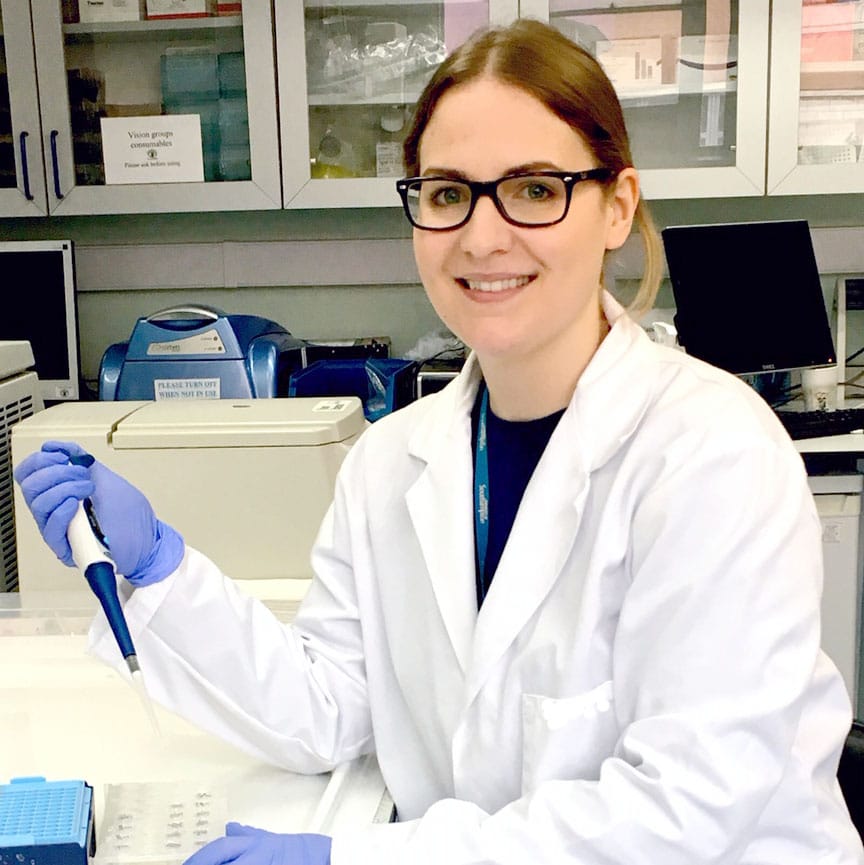
Meet a Researcher: Dr Jenny Dewing
Jenny Dewing is a postdoctoral researcher working on a Retina UK-funded project with Dr Arjuna Ratnayaka at the University of Southampton.
Search results

Jenny Dewing is a postdoctoral researcher working on a Retina UK-funded project with Dr Arjuna Ratnayaka at the University of Southampton.
The Retina UK community is sometimes targeted by adverts online or in social media, offering invasive treatments for inherited sight loss.
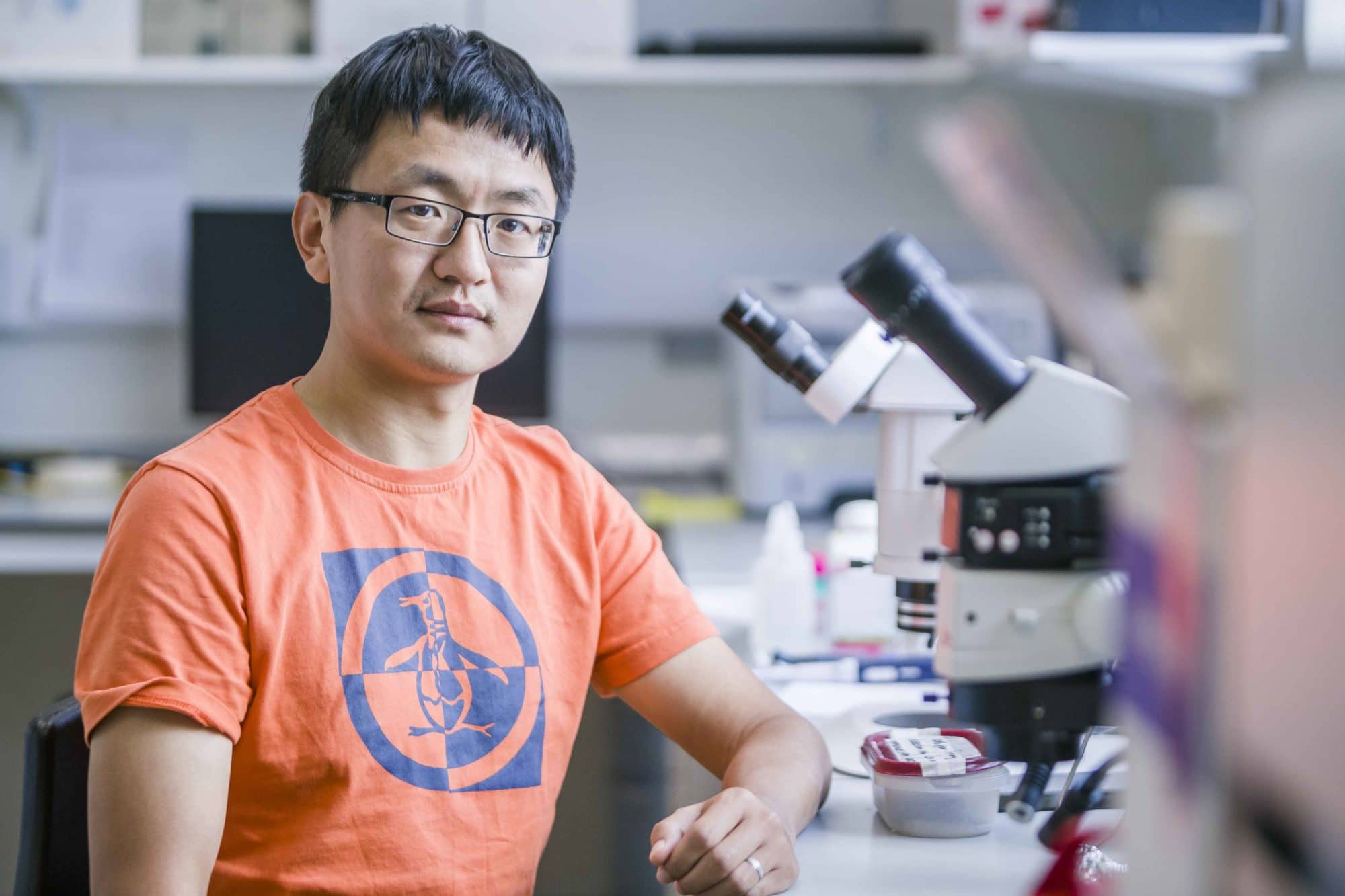
Jing Yu is a Research Assistant at the Nuffield Department of Clinical Neurosciences at the John Radcliffe Hospital in Oxford.
Retina UK is delighted to have awarded a new three-year research grant to Prof Majlinda Lako at Newcastle University for a project entitled: To establish AAV.PRPF31 gene augmentation in PRPF31-deficient RPE and photoreceptor cells and assess its efficacy in restoring RPE and photoreceptor function.
Retina UK is delighted to announce that it has awarded three new research grants worth more than £870,000.
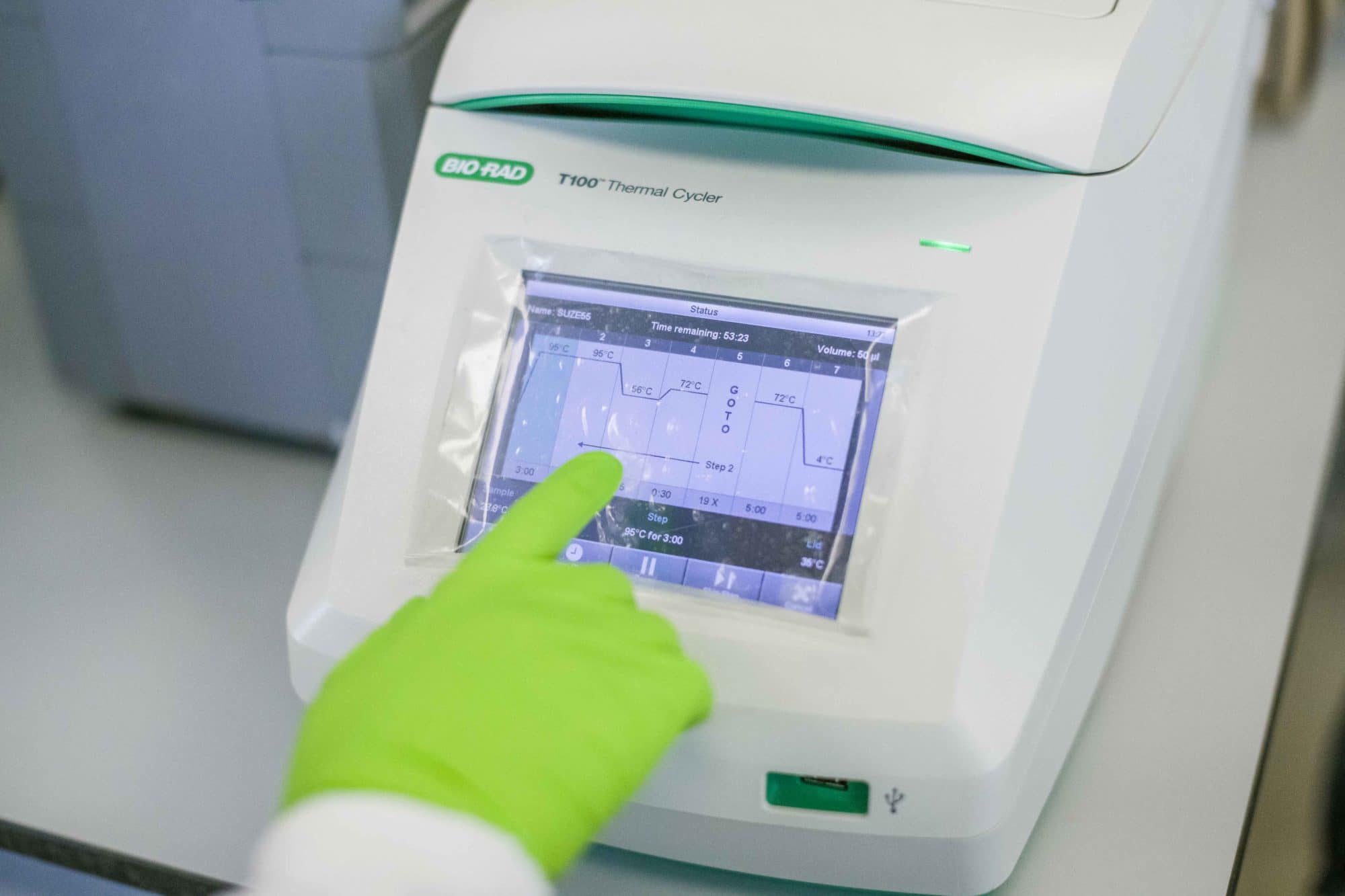
Retina UK aims not only to progress research along established threads, but to stimulate new thinking, encourage innovative approaches and nurture original ideas.
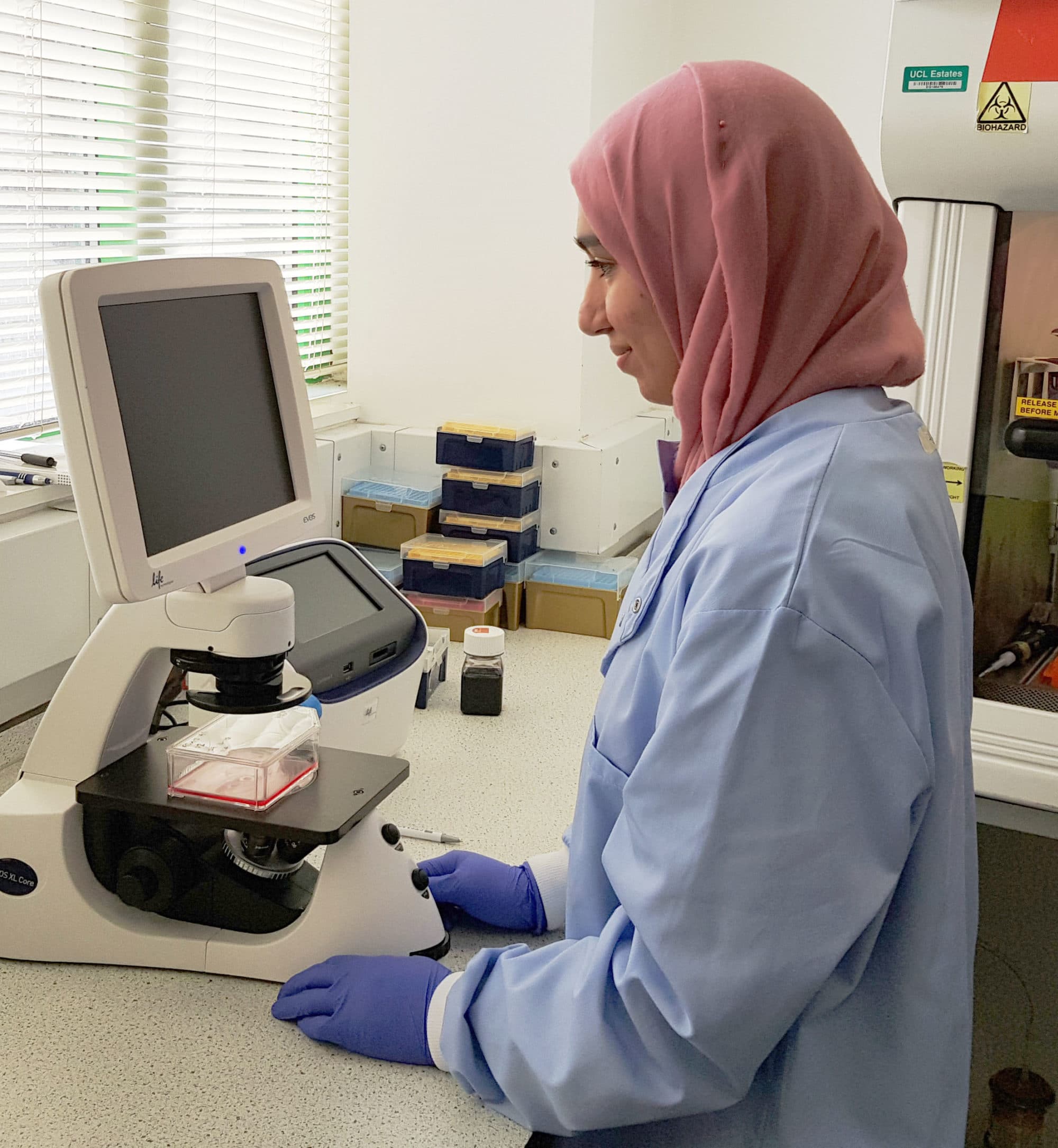
Hajrah Sarkar is a PhD student whose project is funded by Retina UK.

Join us to find out how your donations make a direct different and fund research.

Nurturing a new generation of scientists is a vital investment in the future of retinal disease research, so we are delighted to be funding, in collaboration with the Macular Society, a new PhD studentship at Oxford University, supervised by Professor Robert MacLaren.
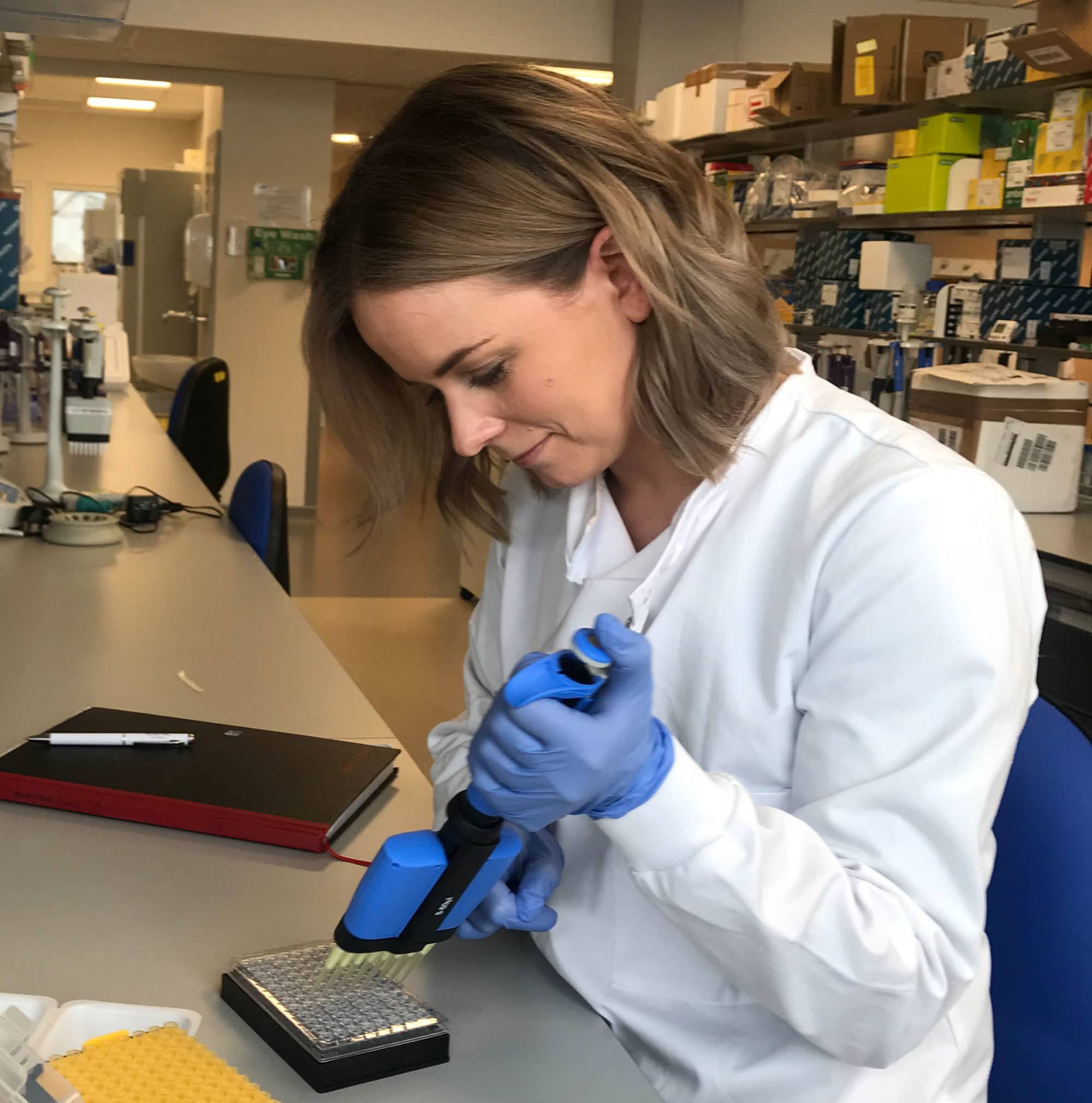
Dr Rachel Taylor is part of the UK Inherited Retinal Dystrophy Consortium (UKIRDC) team at the University of Manchester.